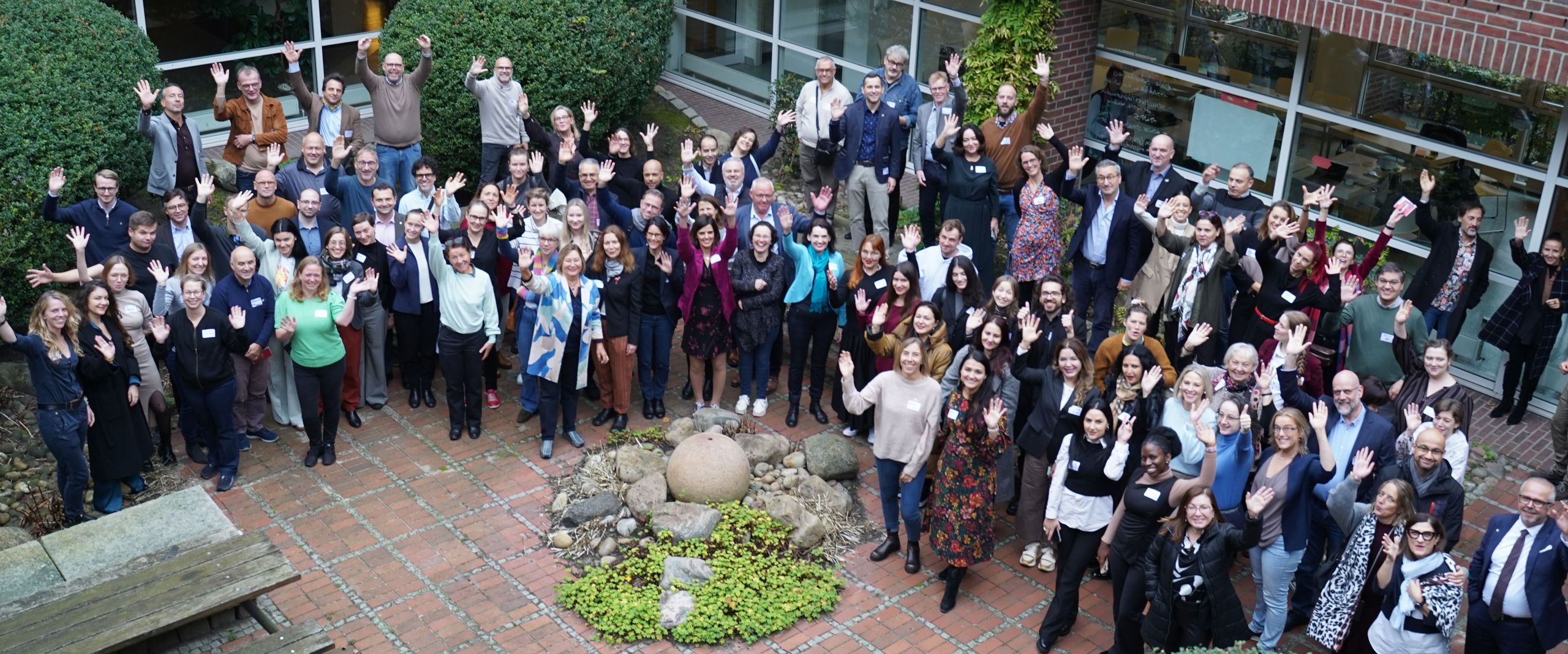
Just one year after the European Commission approved the STARS EU Alliance's European University project, 120 people from all nine academic institutions involved in the initiative met at the Hochschule Bremen on 5 and 6 November to review the progress made so far by the eight work packages, the Thematic Interest Groups (TIGs), the Students' Board and the Steering Committee.
During the presentation of these two working days, the Alliance's General Coordinator, Rima Dijkstra, explained that after this first year of work, the project has evolved and will have three priority areas of action: Green Transition, Digital Transformation and Social Value and Welfare. The activities of the Alliance's nine thematic interest groups will be organised around these, namely: Circular Economy; Energy Transition; Living Spaces; Sustainable Industries; Entrepreneurship & Innovation; Digital Transition; Arts & Creative Industries; Inclusion & Social Justice; and Healthy Ageing.
In this first year of work, the foundations have been laid to give impetus to the creation of common academic titles, with a provisional catalogue of 60 teaching initiatives of different types in the development phase or about to be taught.
Several requirements of the European Commission for the development of the project have also been fulfilled, such as the elaboration of the communication plan and the branding of the Alliance, the Open Science strategy for the dissemination of the research developed within STARS EU, the creation of the Technology and Knowledge Transfer Office and the development of a mobility catalogue between the associated universities, as main milestones of this first year.
During this meeting, all the representatives of the work packages and the TIGs had several joint sessions to make progress on their respective tasks, and there were also individual presentations of the progress made by each group over the last twelve months.